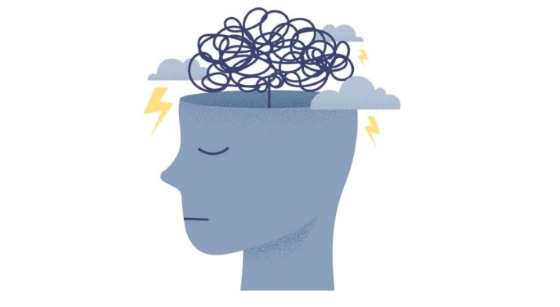 Neuroscience – A new lens that brings healing to the trauma story!
Neuroscience – A new lens that brings healing to the trauma story!
A landmark research project in the mid 90s is now coming to the public’s attention. It’s called the Adverse Childhood Experiences (ACE) study. There are 10 categories of childhood maltreatment. There are two types of neglect, three types of abuse, and five types of family turmoil. ACEs have lasting emotional and health consequences for children that continue to manifest into adulthood. The Relationship Foundation introduces the Trauma-Informed and Trauma-Responsive Education approach to schools and organizations. Our Guidebook and Curriculum, Healthy Relationships 101 provides proven approaches to building resilience. Background on childhood adversity and the application of the life skill Nonviolent Communication has shown to make a significant difference, especially when mitigating behavioral issues. Besides benefitting a school’s culture, these skills and knowledge can be applied to home life and the workplace.
A Trauma-Informed school/workplace fosters an atmosphere of emotional and physical safety that can alleviate the effects of ACEs.
Learn about:
-
-
- The Neuroscience of Trauma
- Trauma Responsive Practices
- Impact of the ACEs on Children and Adults
- Creating Trauma-Sensitive Classrooms & Workplaces
- Alleviating the Effects of the ACEs
-
Click here to learn more and register!
